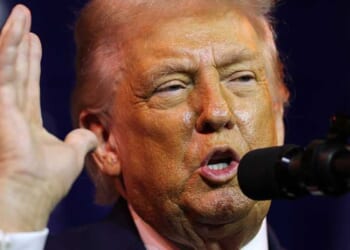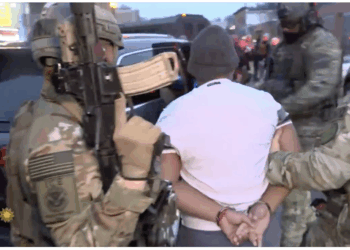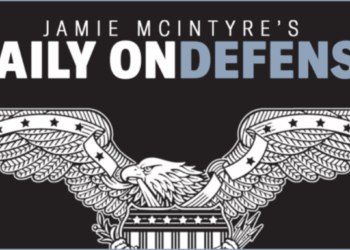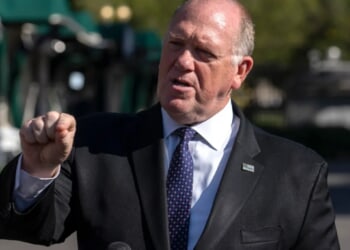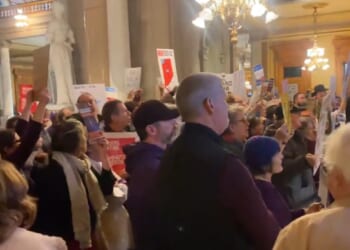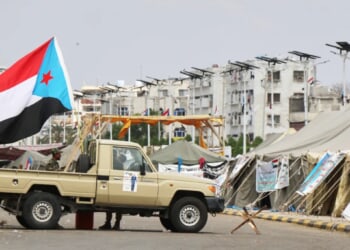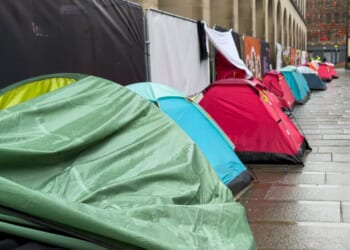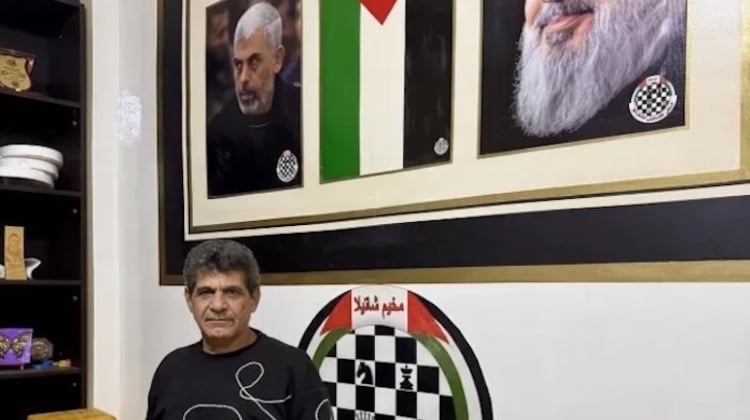
Order Michael Finch’s new book, A Time to Stand: HERE. Prof. Jason Hill calls it “an aesthetic and political tour de force.”
The very word “chess” conjures up thoughts of Philidor, José Capablanca, Alexander Alekhine, Samuel Reshevsky (whom I played, along with 27 others Reshevsky took on simultaneously, and beat them all, many years ago), Nabokov’s novel The Defense and VN’s own diabolically clever chess problems, crazy Bobby Fischer, Adoubovich, Gary Kasparov, Magnus Carlsen, and Big Blue. I shudder to think about the future exploits of our newest player, the combinatorial whiz and grandmaster, AI.
Right now, chess is in the news again. The British newspaper Metro UK, given out for free in the London Underground to curious commuters, recently carried a sympathetic piece about a Palestinian chess club. More about that chess club can be found here: “UK Paper Inadvertently Exposed Terror-Supporting Palestinian Chess Club — Then Hid the Evidence,” by Simon Plosker, Algemeiner, November 3, 2025:
Millions of Britons pick up Metro UK each morning on the London Underground, expecting light news and human-interest stories. So readers could be forgiven for thinking they’d stumbled on a heartwarming feature about a Palestinian chess club offering hope to young refugees.
Titled, “How a chess club took on a refugee camp’s darkest forces – and won,” the story by Gergana Krasteva instead focused on putting a positive spin on some very dark forces within the chess club itself.
And when Metro UK was called out by HonestReporting, editors went to great lengths to cover up the evidence.
There were several obvious clues in the piece that the Palestinian Chess Forum’s focus isn’t exactly benign. For example, the photograph of a map of “Palestine” on the wall, where the colors of the Palestinian national flag cover the entirety of the State of Israel.
But that’s actually subtle compared to the photos Metro included of huge portraits of Hamas October 7 massacre mastermind Yahya Sinwar and Hezbollah chief Hassan Nasrallah.
And it’s not as if Metro UK included the image as an afterthought.
The chess club’s director directly addresses the portraits (one of which Metro erroneously states is Ismail Haniyeh rather than Sinwar):
Gesturing at the two portraits on the wall – of former secretary-general of Hezbollah, Hassan Nasrallah, and former Hamas leader, Ismail Haniyeh, who were both assassinated by Israel in 2024, the director says: “We are not an NGO, or an official humanitarian organisation. This is why we can have their portraits here.”…
Right. We are not an apolitical NGO, and so we can put up on the wall, for everyone in the chess club to admire, photographs of two of the most murderous of arch-terrorists, Hezbollah’s Hassan Nasrallah and Hamas’ Yahya Sinwar (who was wrongly identified in the MetroUK article as Hamas leader Ismail Haniyeh).
The updated story no longer includes the photo of the Sinwar and Nasrallah portraits, along with the paragraph in which the chess club director proudly acknowledged his terrorist heroes.
In addition, references to Christian Aid’s support for the chess club have been removed, possibly indicating the charity is hoping to avoid a potential investigation by the UK’s Charity Commission.
But the stealth edit didn’t stop there.
Metro’s editors also tweaked language throughout the article to soften its tone.
A reference to someone being “martyred” (a favorite term for extremists) now reads as “killed,” while the misleading suggestion that the IDF was directly involved in the 1982 Sabra and Shatila massacres was watered down to describe the Lebanese militia responsible as a mere Israeli ally….
The Christian militia known as the Phalange, solely responsible for the massacre at the Sabra and Shatila, should have been identified as follows: “Despite being an ally of Israel, the group that carried out the killings at Sabra and Shatila did so without Israel’s approval or knowledge.”
Readers of the updated version will never know what was erased -– but HonestReporting preserved the receipts. You can read the archived version here.
UK charity regulators — and Christian Aid donors — might want to do the same. Something positive could still come from Metro’s blunder, even if it wasn’t what the paper intended.
First, Christian Aid will want to end at once all the aid it had been giving to the chess club, now that it knows the club honors on its premises two arch-terrorists, the heads of both Hezbollah and Hamas.
Second, Metro UK is likely from now on to be very careful with the reports it publishes from Gaza, Judea and Samaria, and Israel within the Green Line. Honest Reporting, a watchdog group, is on its case, and should keep the newspaper from committing similar errors in the future. Metro UK should have learned its lesson, and will likely want no further embarrassments.


